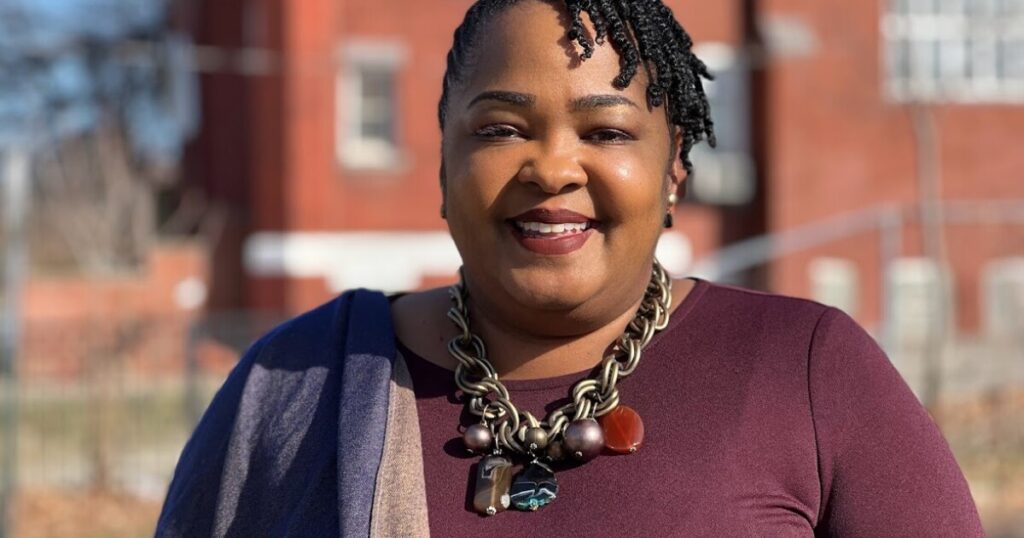The Ongoing Struggle for Women’s Representation in Politics
Following the recent presidential election, in which Donald Trump secured a decisive victory over Kamala Harris—the second woman to lose a presidential bid in the past ten years—Stephanie Howse-Jones expressed little surprise at the outcome.
As a Black woman representing Cleveland’s Ward 7, Howse-Jones conveyed her feelings, stating, “For someone like myself in this space, it’s a bitter pill to swallow that I am not wanted in this space.” Her experience highlights the unique challenges faced by women, particularly those of color, in politics.
Howse-Jones described her tenure in public office as “eye-opening,” particularly regarding the prevalence of racism and misogyny within the political arena. Drawing from her time in both Cleveland City Council and the Ohio Statehouse, she noted, “You can be in this place where you are underestimated and undervalued, and literally the basis of that is based on your gender, race, or culture.”
Currently, Howse-Jones is one of only five women on the 17-member legislative body, a glaring disparity in a city where women comprise 51% of the population, as pointed out by fellow Council Member Jenny Spencer.
Provided by Jenny Spencer
Spencer emphasized the demanding nature of public office, committing at least 60 hours a week to her role as a city council member. “It’s well known that women carry the water as caregivers,” Spencer noted, acknowledging the heavy responsibilities that often fall on women, whether they have children or not. “There’s a huge risk of burnout in public office, but when you consider the extra challenge of caregiving… It is a cultural thing, and I think we all have a role in changing that culture.”
Research has shown that in heterosexual marriages, women continue to shoulder more household and caregiving responsibilities, despite contributing increasingly to family income. This imbalance extends into the workplace, including in City Hall, where Spencer described feeling dismissed during meetings. “The last time I did a floor speech at council, I noticed my male colleagues weren’t paying attention at all. That’s very telling,” she shared. “Men have a role in acknowledging and reshaping the culture we co-create regarding whose voices are heard and valued.”
In spite of these challenges, Howse-Jones believes it is crucial for future generations of women to pursue public office. “Looking at someone like Kamala Harris, there’s definitely a ‘Kamala effect’—many women see this and realize they can occupy these spaces and excel. One day, we will achieve breakthroughs—though it’s not going to be easy.”
Both Howse-Jones and Spencer’s insights underscore the ongoing struggle for women’s representation and the need for systemic change in the political landscape.


